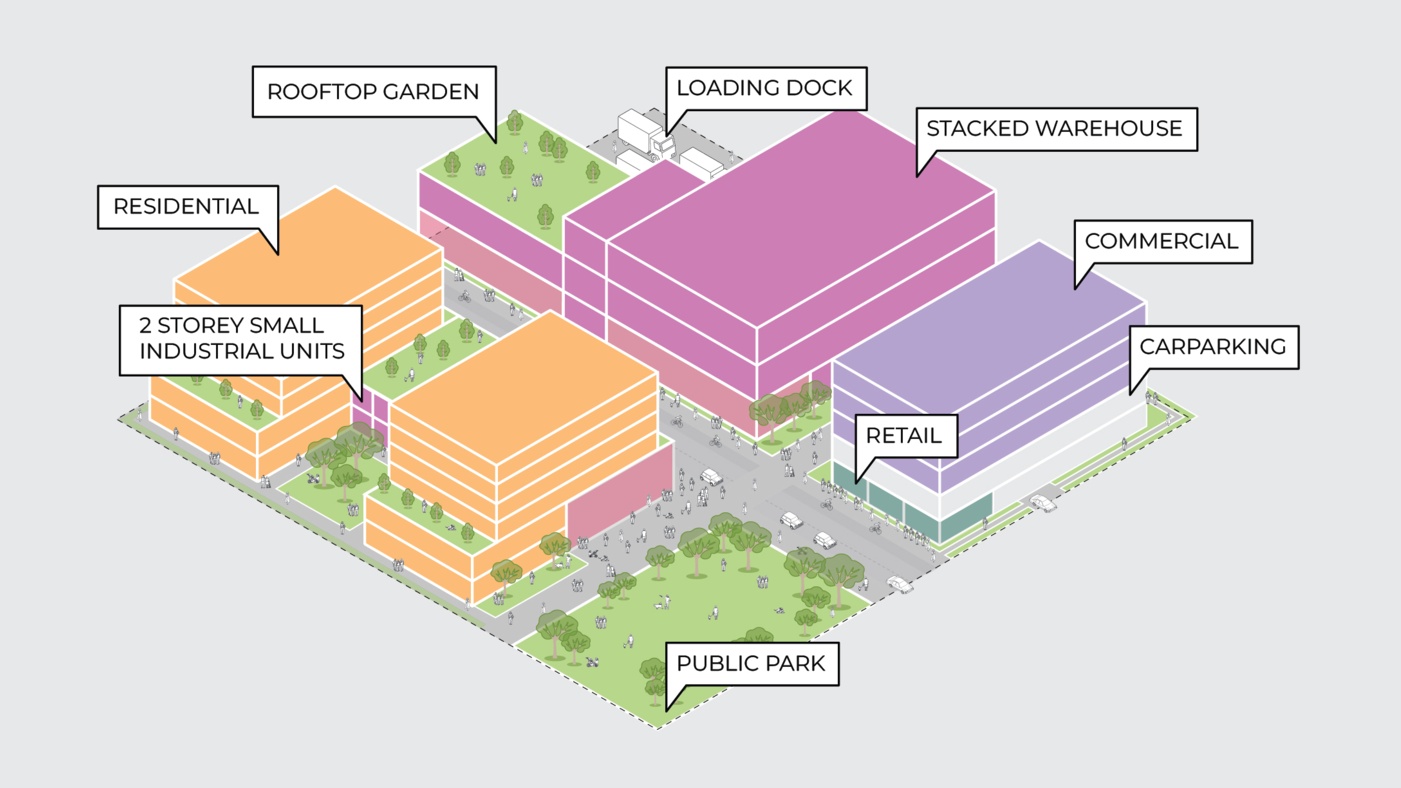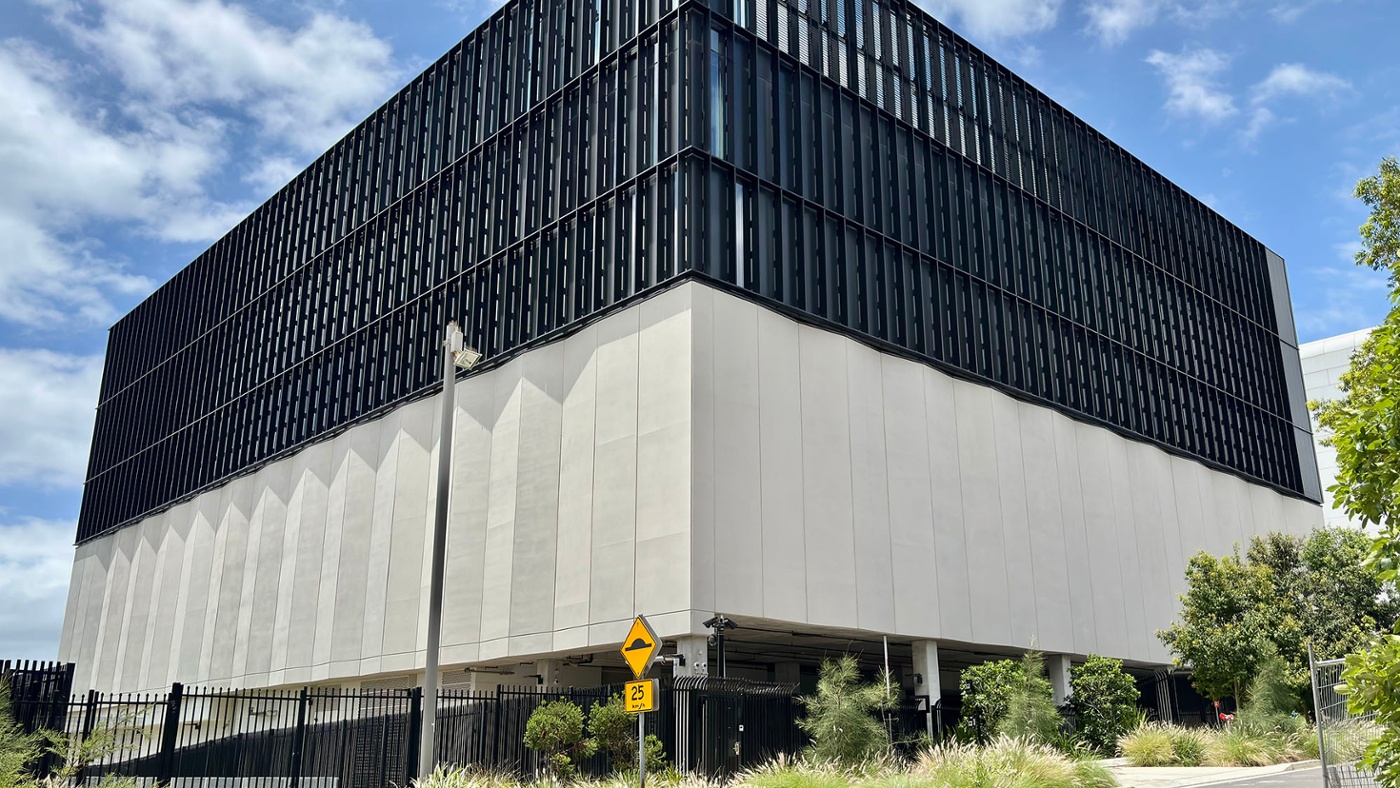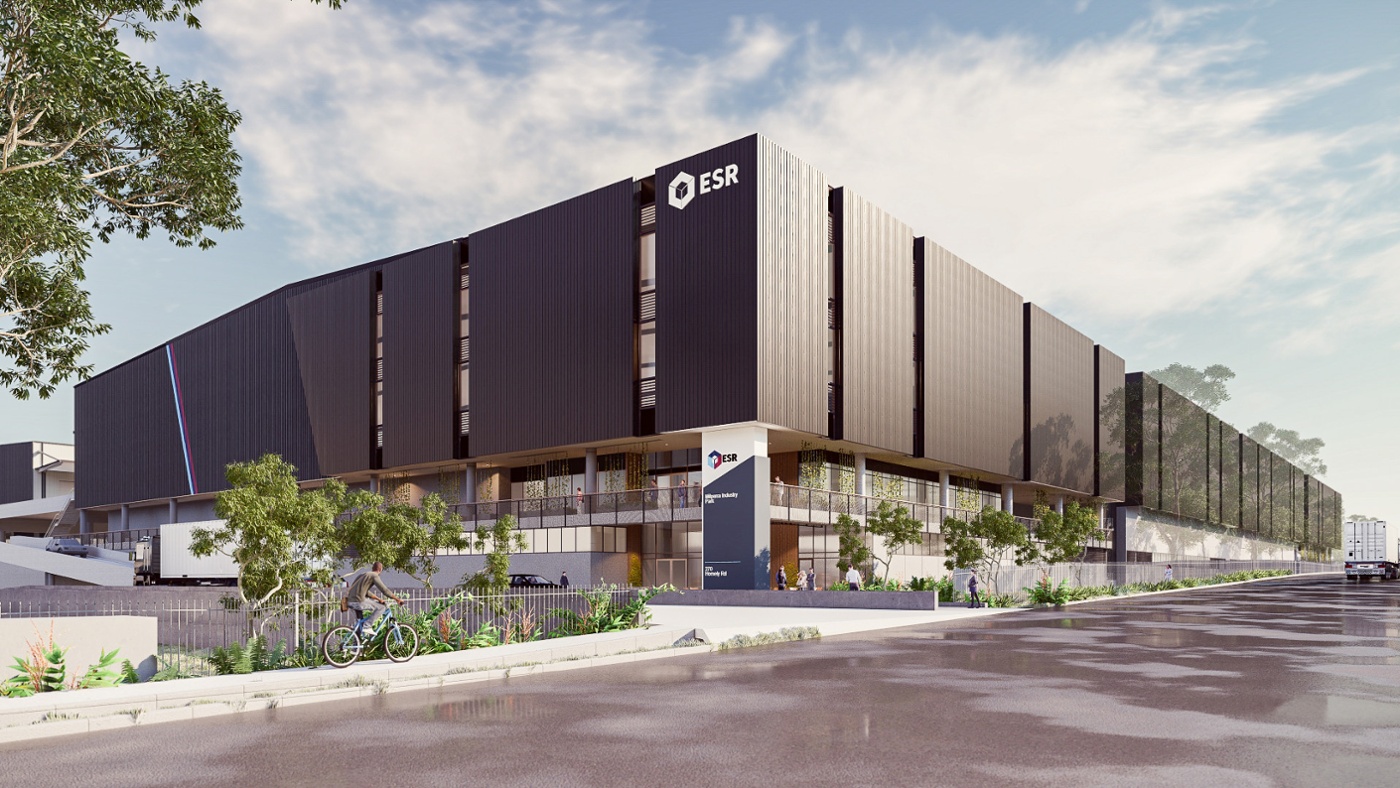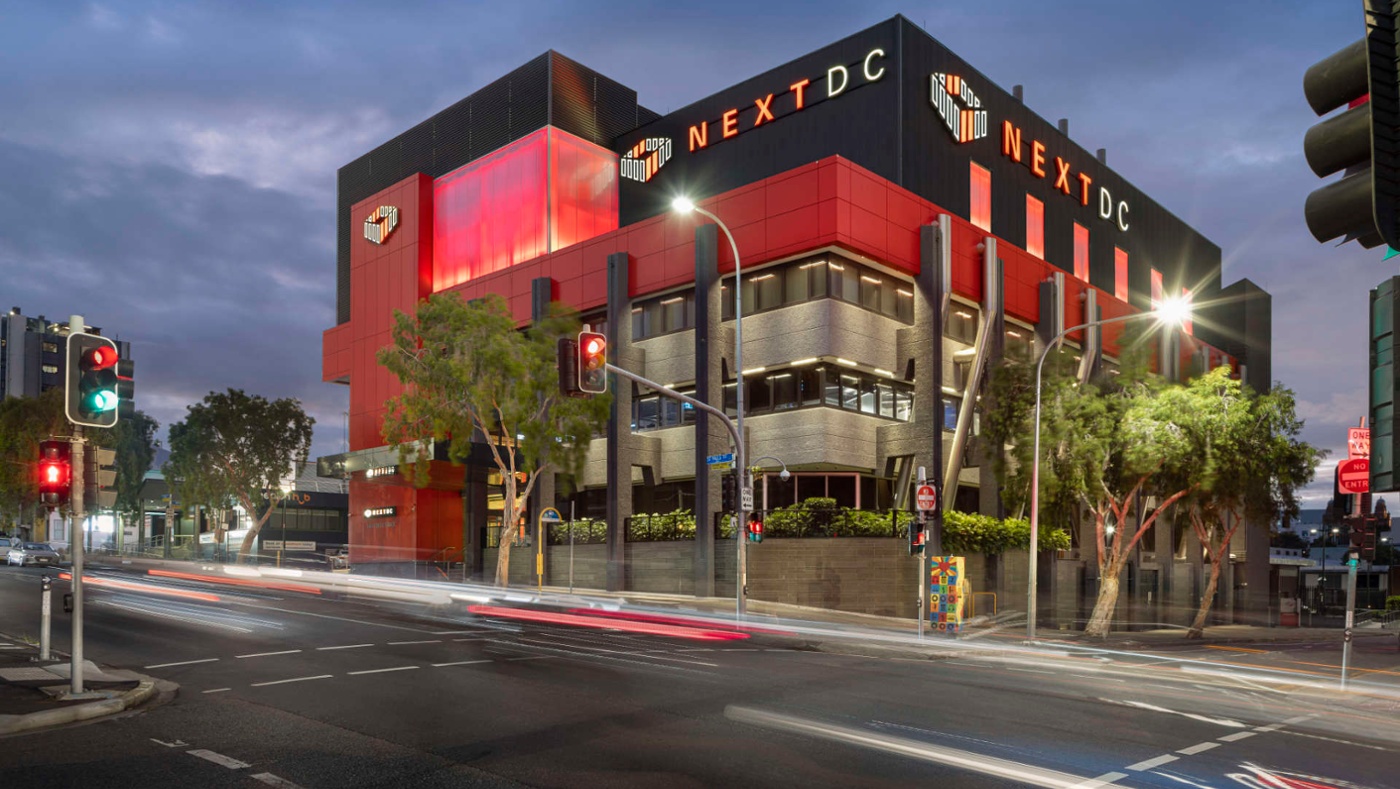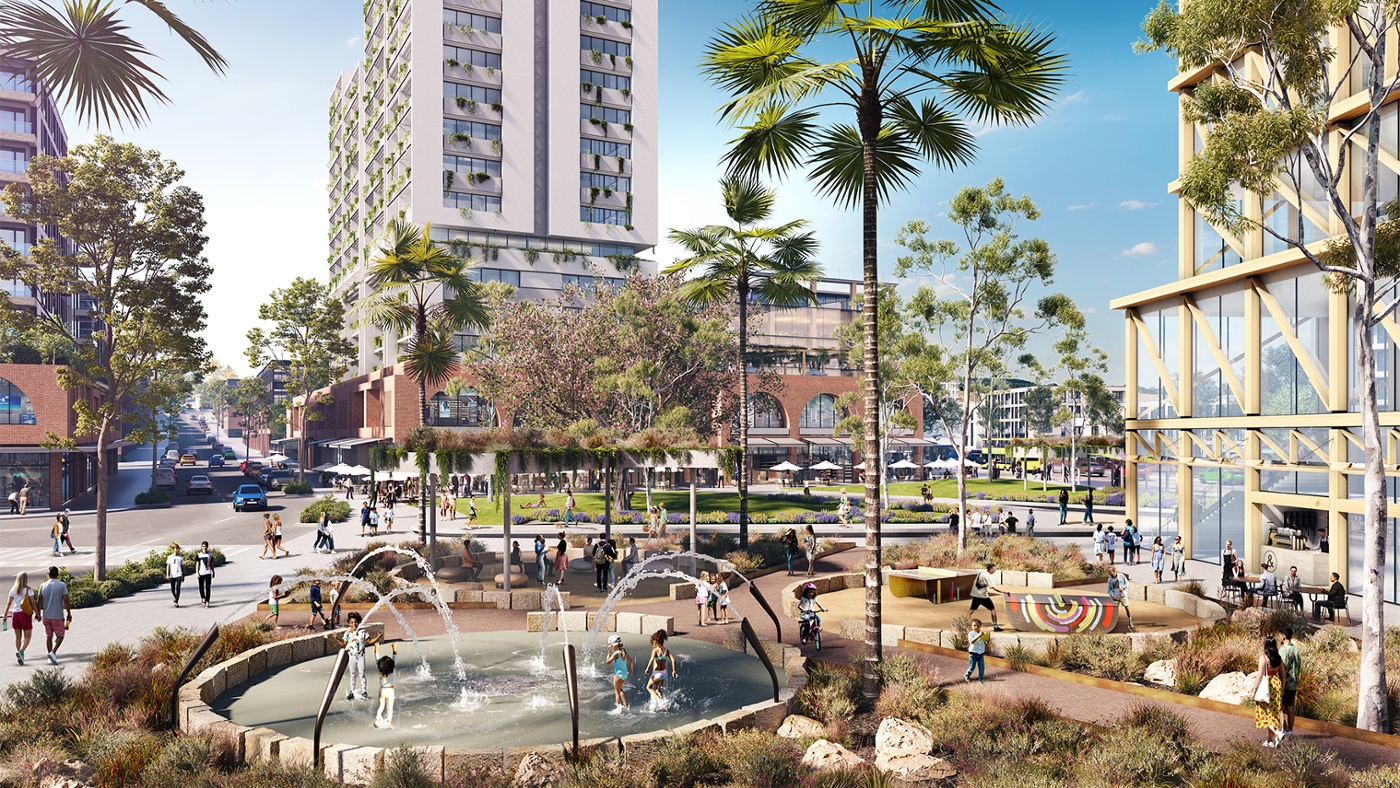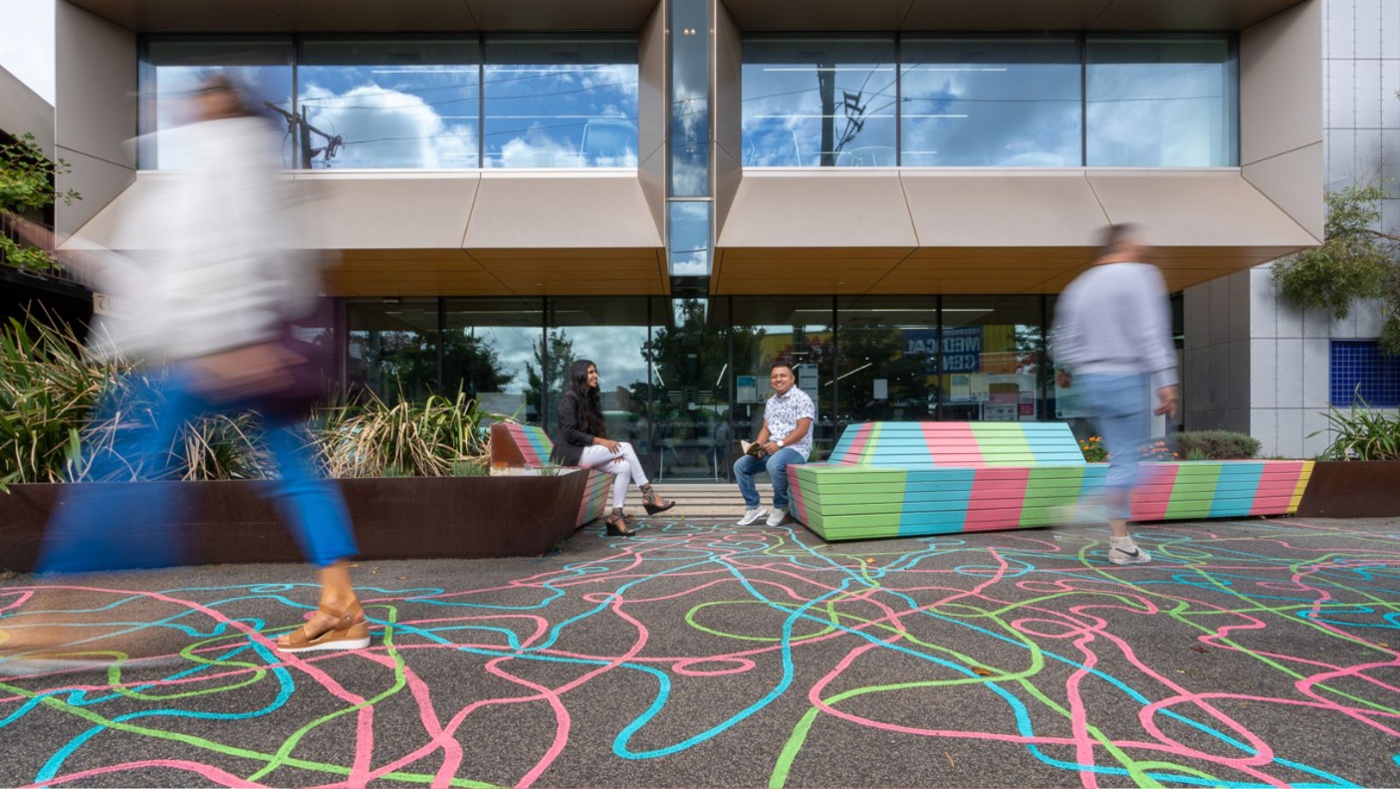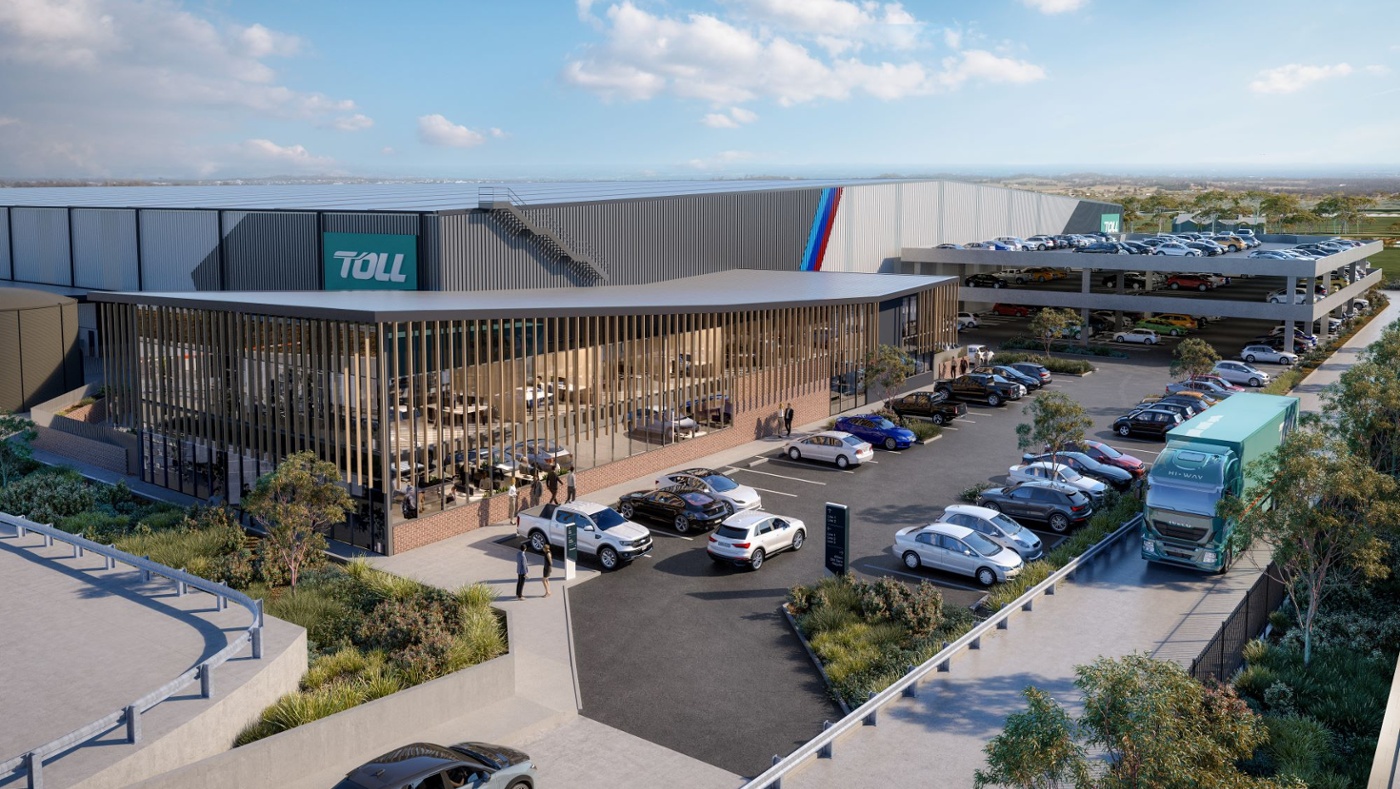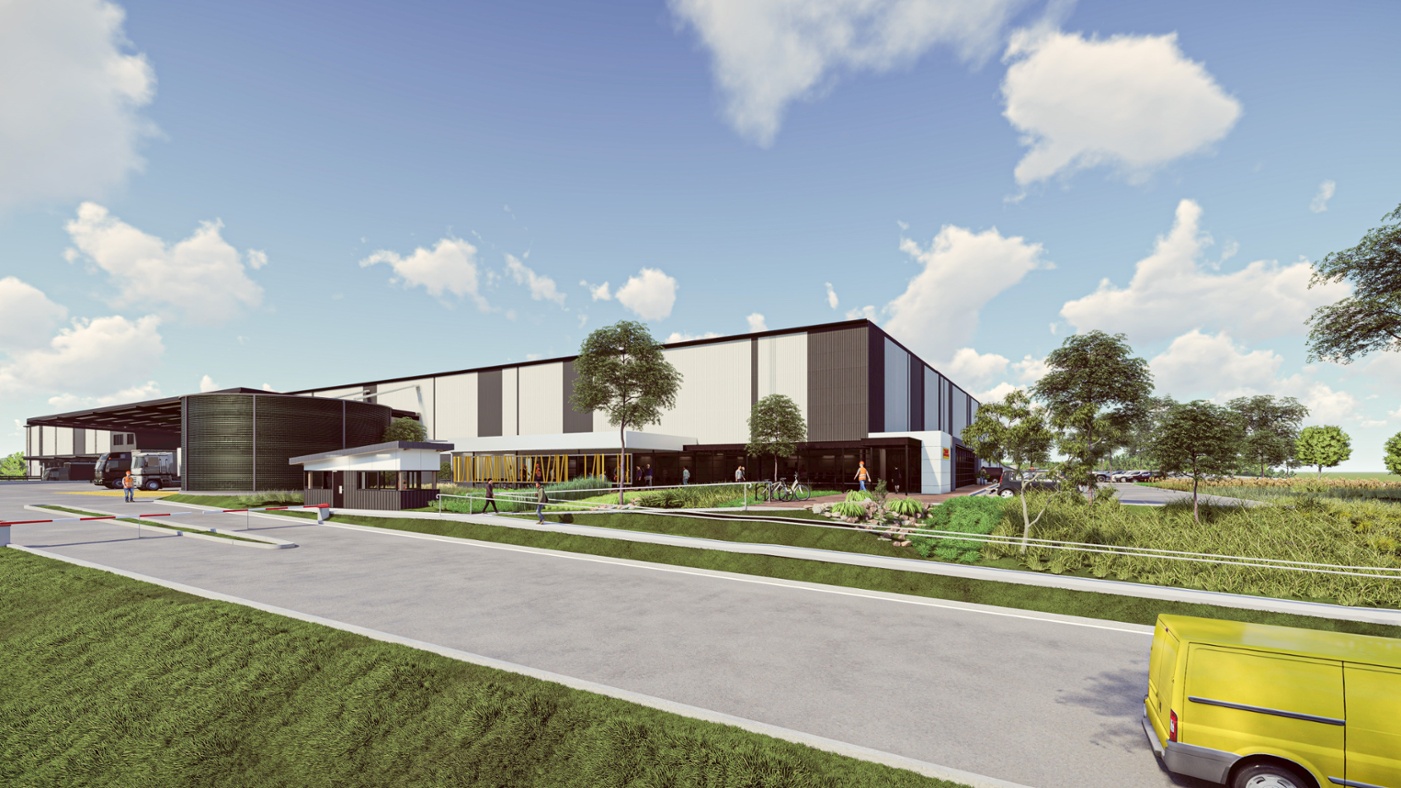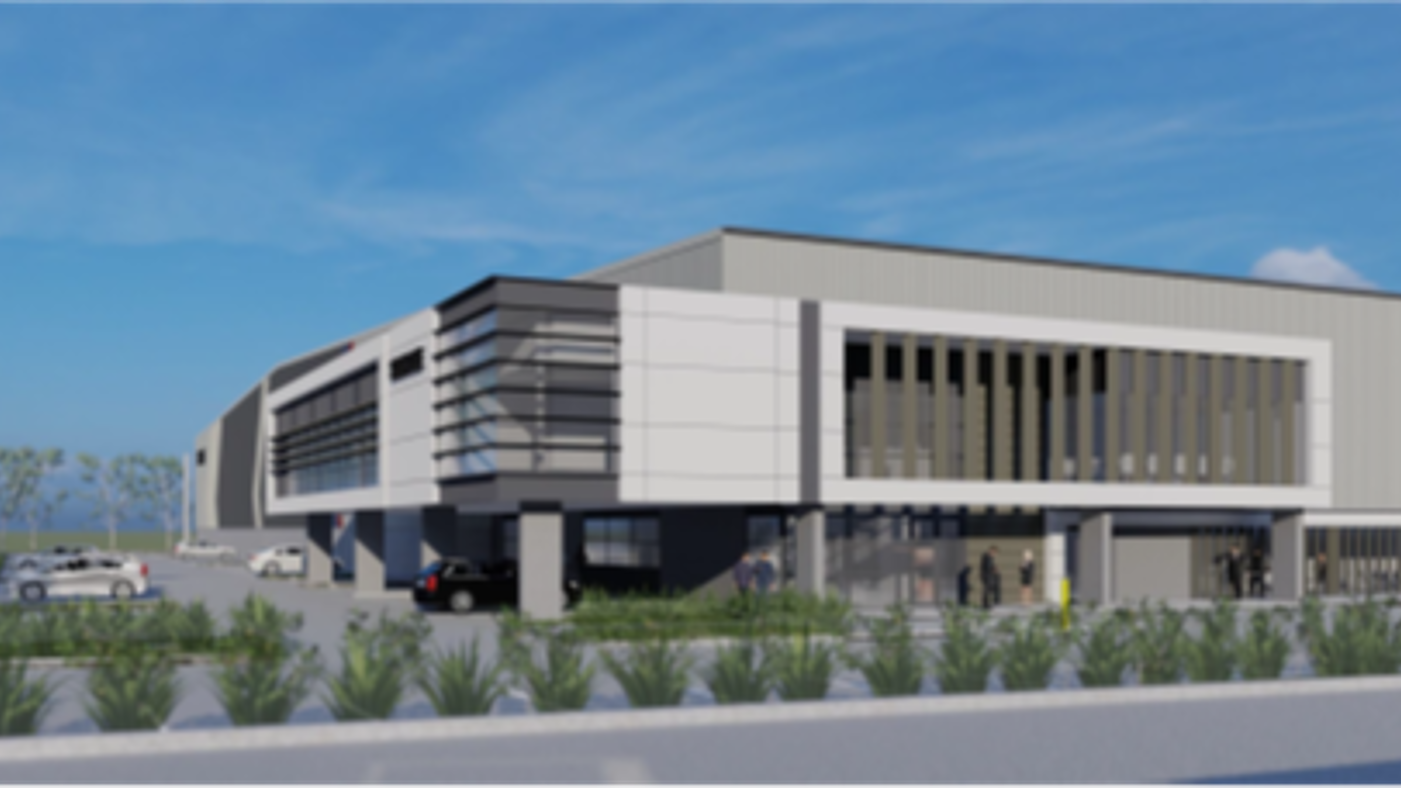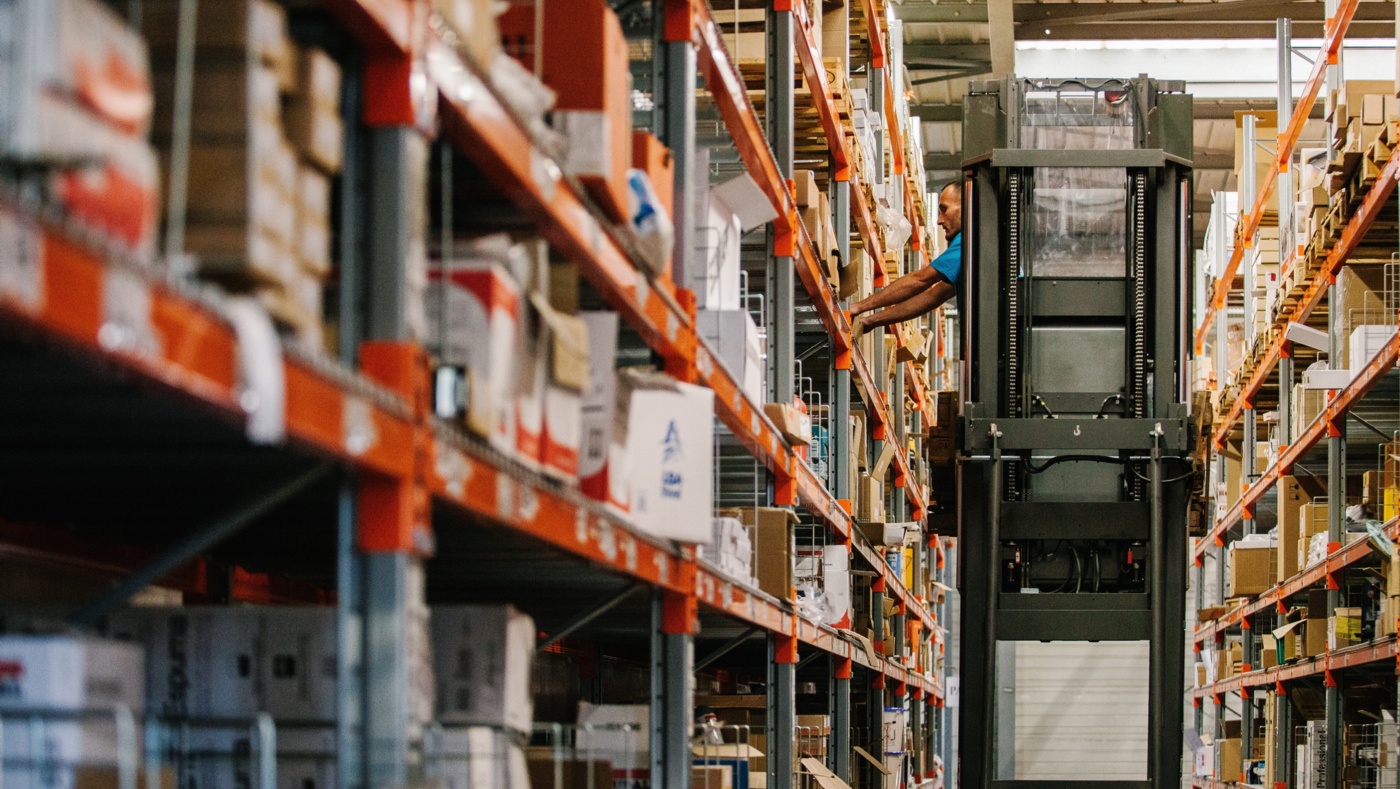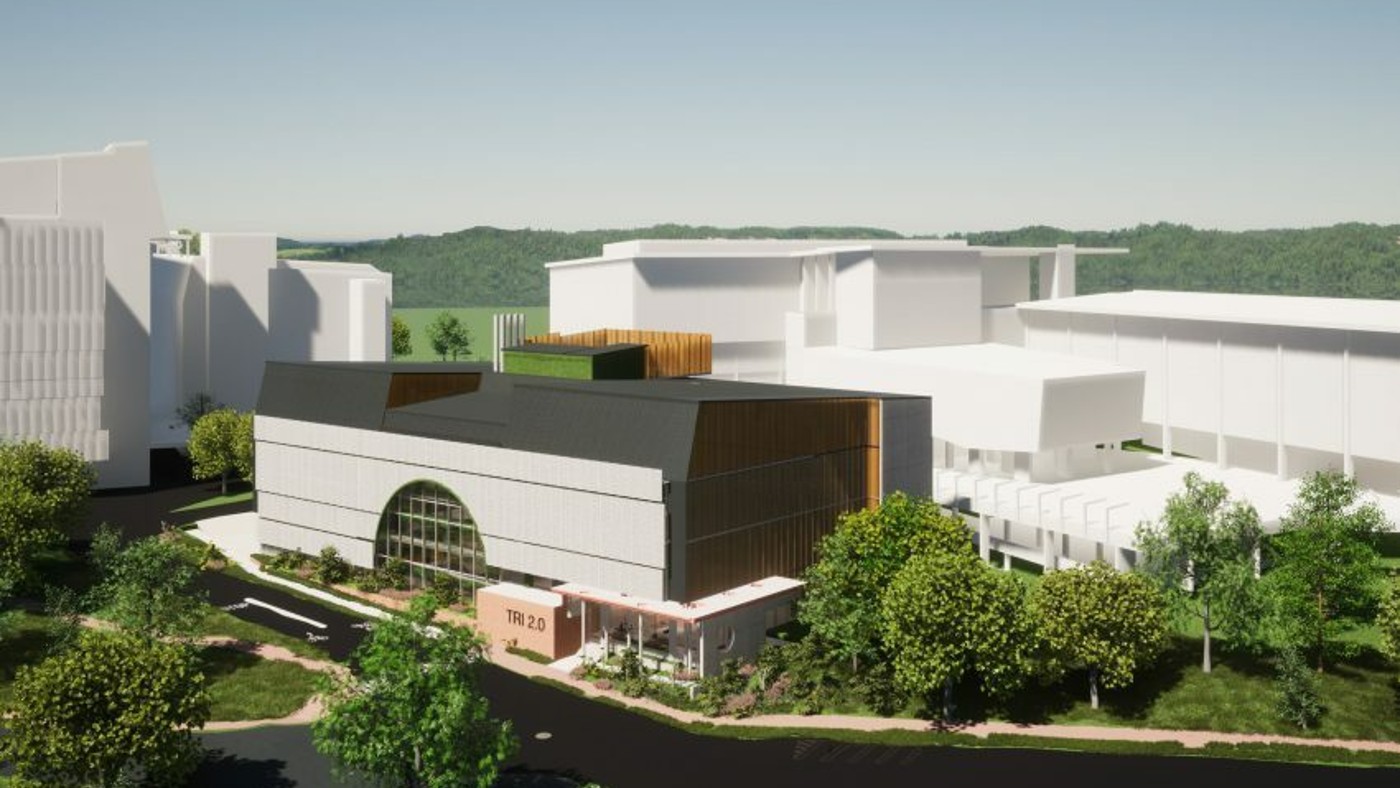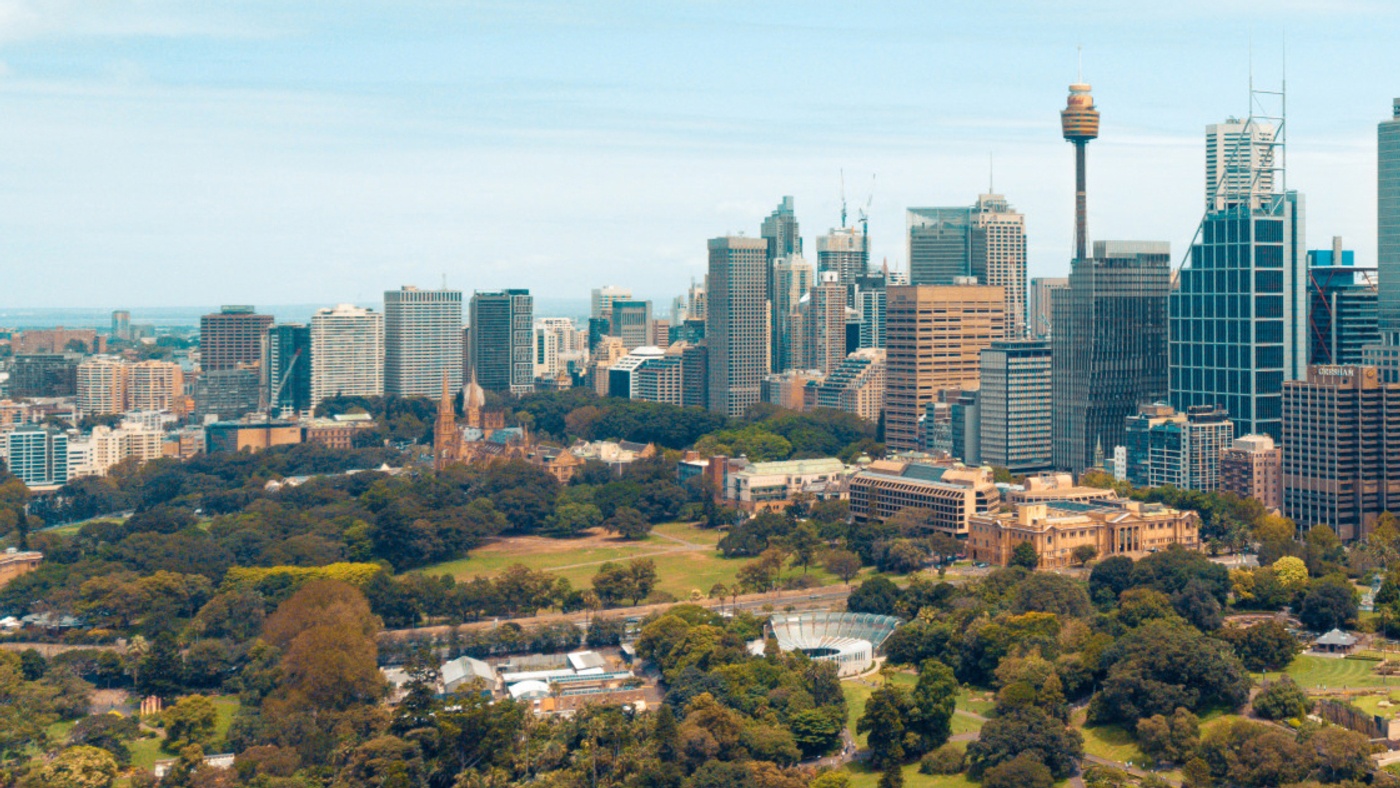Our role in the increasingly challenging and expanding sector
Ethos Urban is committed to making cities and regions not just liveable but also workable. This commitment is about more than place-making – it’s also about connecting places, people, and products. For the past 30 years, we have been at the forefront of planning for Industrial and logistics projects. These projects are technically challenging, requiring specific governance protocols and specialist navigation through complex statutory approval pathways.
Our specialist knowledge and experience include central warehousing and logistics precincts across Sydney, Melbourne and Brisbane. We understand that projects in this sector are often unique; therefore, we take the time to tailor our solution according to the needs of the project, often integrating them seamlessly with an overarching specialist project management skill set. As part of our solution, we collaborate with specialist firms as part of project teams - this collaborative partnership provides enhanced project outcomes. We also work with developers, landowners, investors, State and local government agencies, and infrastructure providers to add value at every stage of the planning and development process.
How can we assist your development?
We have the expertise to assist clients through all stages of the planning process by providing:
- Policy advice for government agencies, infrastructure providers and councils
- Strategic environmental assessments for industrial and logistics projects
- Priority precinct plans and corridor strategies to establish the planning framework for project delivery
- Strategic advice to define a delivery pathway for client projects, including navigating local and state government rezoning and development assessment processes
- Development applications, assessments and approvals, including applications for significant warehousing and logistics projects
- Rezoning proposals to unlock land value
- Demographic analysis and projections
- Economic and market assessments
- Urban design, capacity studies and concept planning services
- Community and stakeholder engagement strategies
- Visual Impact Assessments
- Social Strategies and Social Impact Assessments for major industrial and logistics projects

Gordon Kirkby
Director & National Transport Lead | Sydney

Henry Wallis
Associate Director | Melbourne

Jack O'Connor
Associate Director | Melbourne

Josh Maitland
Associate Director | Melbourne

Tim Ward
Director | Sydney

Ben Haynes
Director & National Health and Education Lead | Brisbane

Christopher Curtis
Director | Sydney

Daniela Vujic
Director | Sydney

Lee Cikuts
Director | Brisbane
Projects
Insights
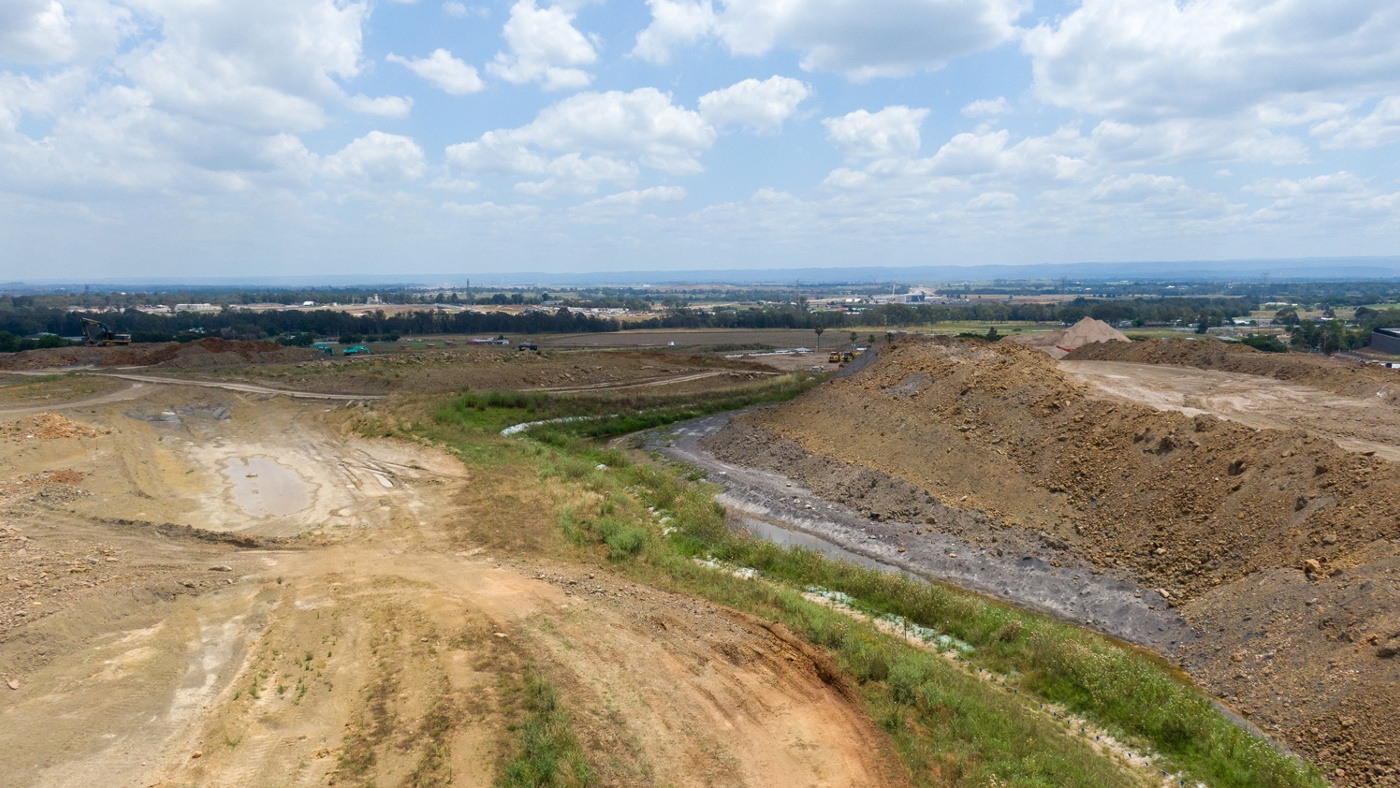
NSW Government Releases Industrial Lands Action Plan

Industrial Development: Why NSW Needs Reform to Stay Competitive
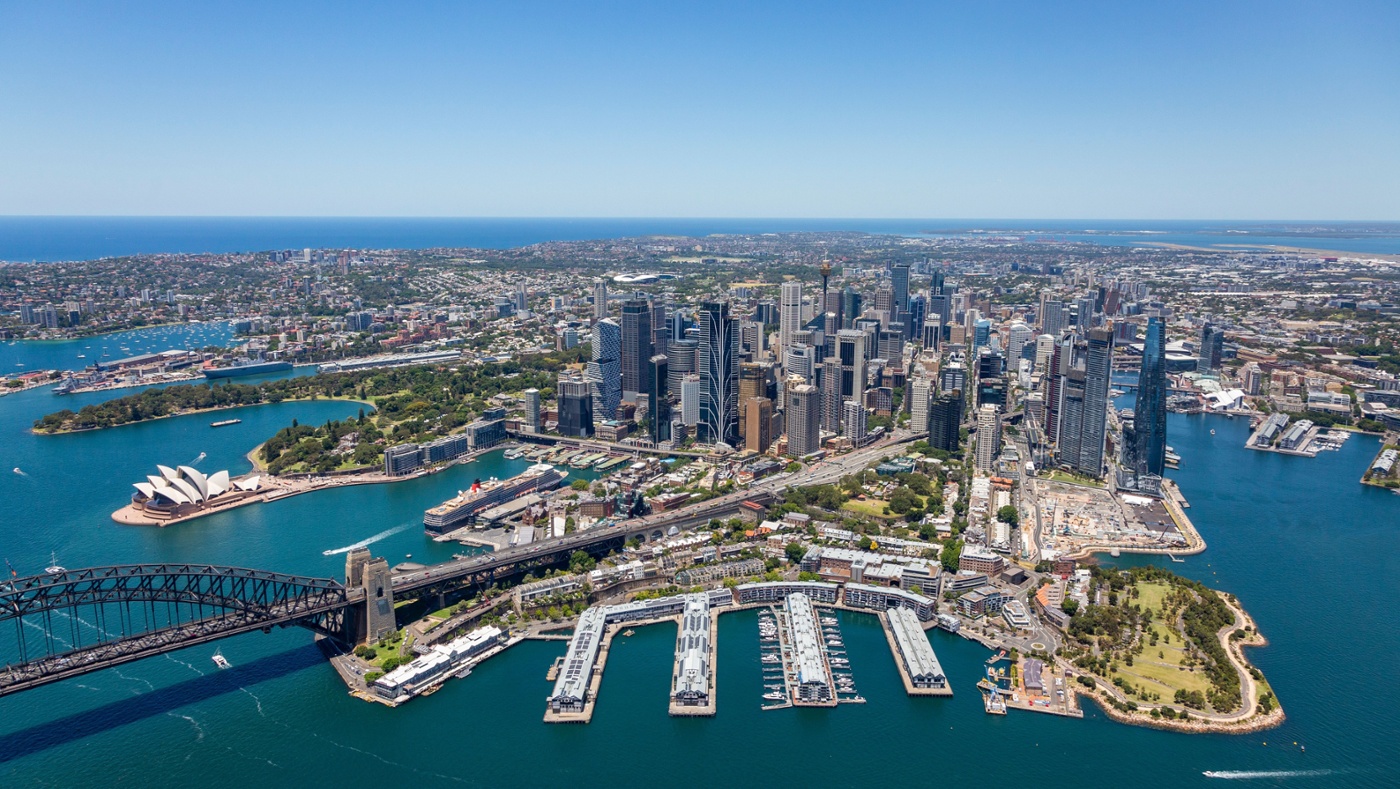
Ethos Urban Returns as Event Sponsors for Outlook Series 2024
